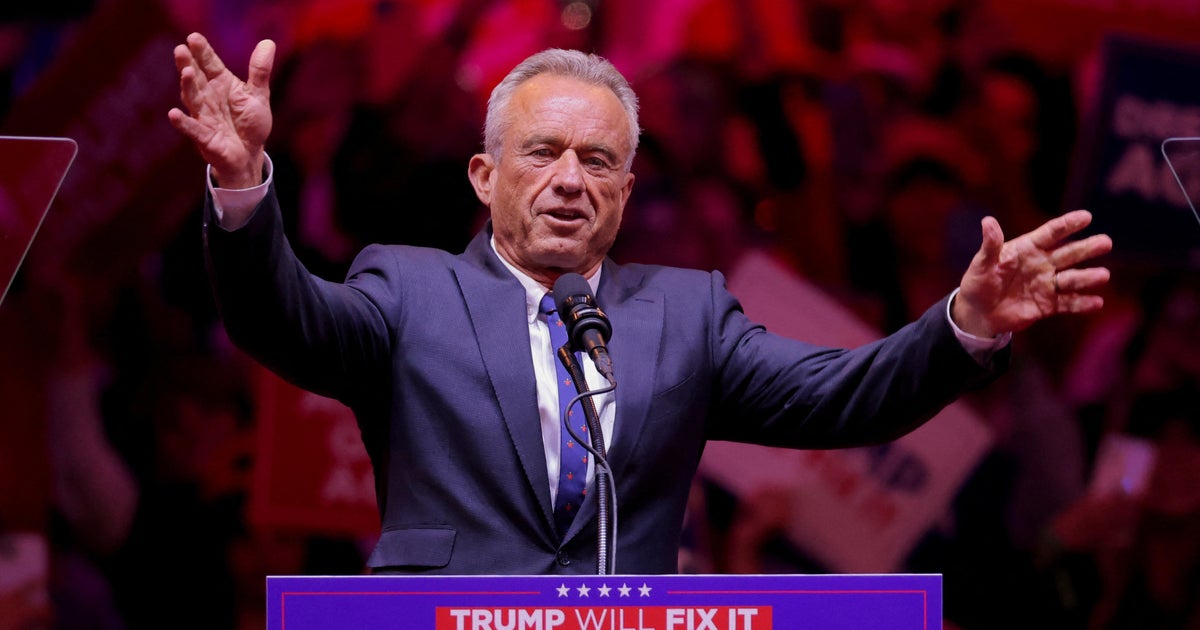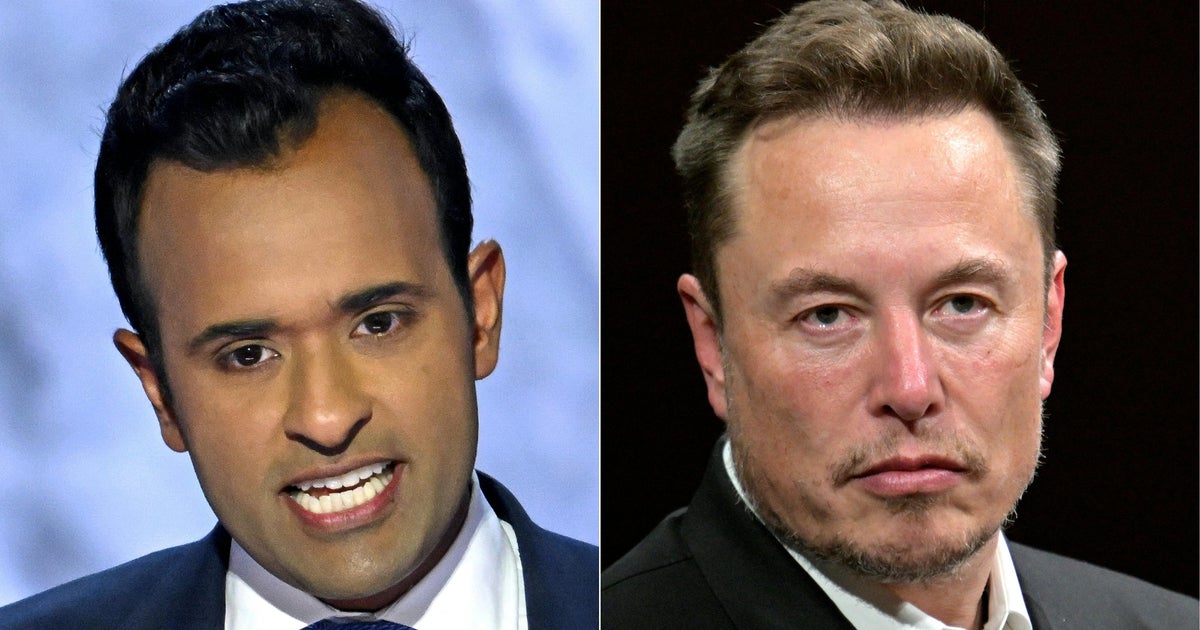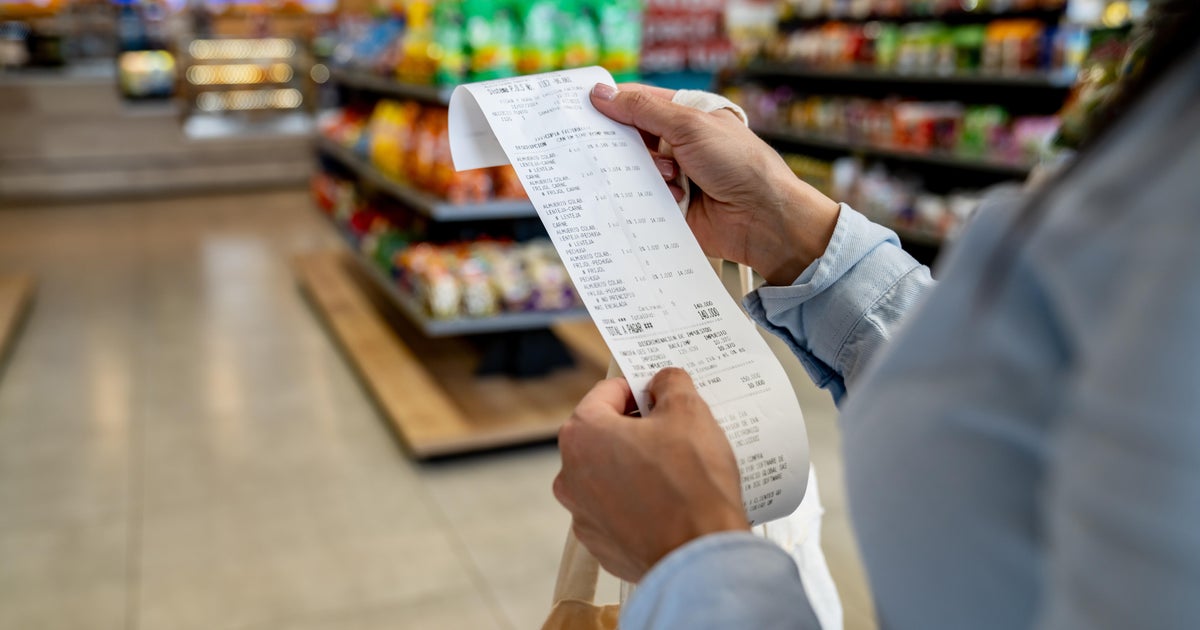What are the economic and security implications of Trump's Venezuela policy?
Cúcuta, Colombia – The U.S. State Department is ordering all non-essential U.S. personnel out of Venezuela amid the country's growing political crisis. Venezuelan President Nicolas Maduro severed ties with the U.S. after President Trump endorsed an opposition leader as interim president. Maduro claims the U.S. wants to install its own unconstitutional government to Venezuela.
The military has pledged its allegiance to Maduro, who also has the support of Russia and China. To put on pressure, the U.S. is now considering sanctions on Venezuela's oil exports. Venezuela is the fourth largest supplier of crude oil to the U.S., and sanctions could lead to a rise in gas prices for Americans.
Venezuela is in the midst of an economic and humanitarian crisis. More than two million Venezuelans have fled since 2015, some crossing into Colombia. Now, opposition leader Juan Guaidó is promising to change that, but he wants Maduro out, reports CBS News' Manuel Bojorquez.
One day after swearing in himself as president, Guaidó said he would consider granting amnesty to Maduro if the president helps return the country to democracy, but he also called him a dictator, responsible for the recent deaths of protesters. This week, an estimated 14 people have died in mostly anti-Maduro protests.
Oil accounts for 98 percent of Venezuela's exports, and it once made it Latin America's richest nation. When the price of oil plummeted the economy took a nosedive, sending the country into crisis. Under Maduro's policies, inflation has skyrocketed to nearly 10 million percent.
U.S. Secretary of State Mike Pompeo said Thursday that the U.S. supports the opposition and pledged $20 million in humanitarian aid.
"The time for debate is done. The regime of former President Nicolas Maduro is illegitimate," Pompeo said.
But at the Venezuelan supreme court, Maduro accused President Trump of staging a coup.
"Let there be no doubt that Donald Trump in all his madness believes himself to be the world's police," Maduro told the court.
When asked by a reporter if he was considering a military option for Venezuela, President Trump said, "We're not considering anything, but all options are on the table."
Raul Hinojosa-Ojeda is a UCLA professor of Latin American studies who observed the elections in Venezuela that gave Maduro a second term last year. The U.S. and most democratic nations across the globe deemed that vote illegitimate as Maduro barred all major opposition candidates from running.
Hinojosa-Ojeda tells CBS News that any U.S. military intervention could escalate the violence.
"I think it's a huge mistake," he said. "When the United States gets involved in these types of conflicts within countries … it really polarizes the situation making the risk of bloodshed even stronger."
There are an estimated 70 to 80 Americans working for the U.S. in Venezuela. Senator Marco Rubio has warned that if any harm comes to them, the consequences will be swift and decisive.
Maduro said Venezuela will close its embassy and all consulates in the U.S., but Guaidó is encouraging Venezuelan embassy workers to stay put.



